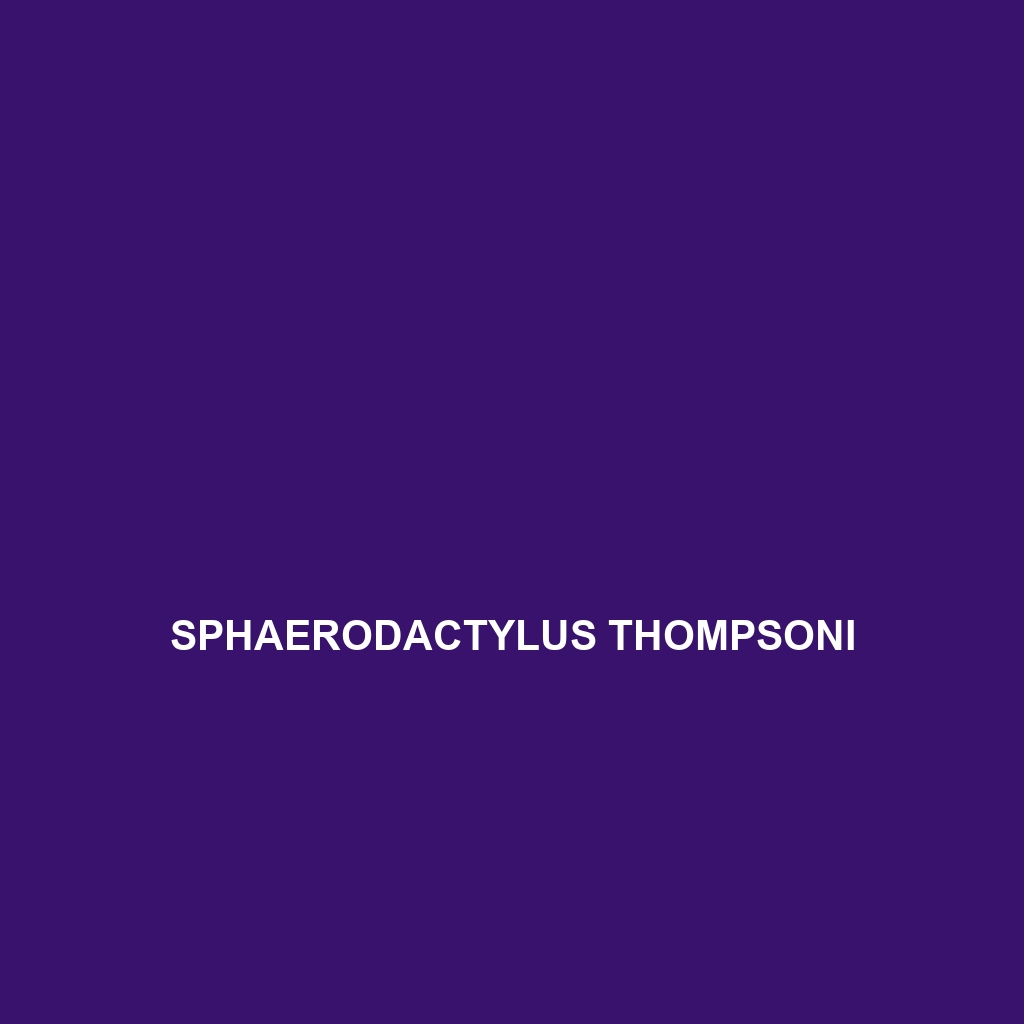Discover the Sphenomorphus buenloicus, a stunning lizard native to the tropical rainforests and moist savannas of Southeast Asia, exhibiting a striking blend of glossy green or brown coloration. This agile, insectivorous species thrives in warm, humid environments, playing a crucial role in its ecosystem by helping to control insect populations.
Tag: lizard diet
Sphenomorphus brunneus
<p><b>Sphenomorphus brunneus</b>, a small to medium-sized lizard found in Southeast Asia's rainforests, savannas, and temperate forests, is known for its rich brown coloration and nocturnal behavior. This insectivorous species plays a critical role in its ecosystem by maintaining insect populations and serves as a food source for larger predators.</p>
Sphaerodactylus zygaena
<b>Sphaerodactylus zygaena</b>, commonly known as the Caribbean Dwarf Sphaero, is a small, slender lizard native to the rainforests of Hispaniola and Puerto Rico, characterized by its smooth, glossy skin and vibrant yellow or orange markings. Primarily nocturnal and insectivorous, this agile species plays a vital role in its ecosystem by regulating insect populations and serving as prey for larger predators.
Sphaerodactylus thompsoni
<p><b>Sphaerodactylus thompsoni</b>, commonly known as Thompson's sphaero, is a small, nocturnal lizard native to the Caribbean, averaging 5 to 10 centimeters in length. Adapted to diverse habitats, this insectivorous species plays a crucial role in maintaining ecological balance while exhibiting fascinating behaviors and unique reproductive traits.</p>
Sphaerodactylus storeyae
<strong>Sphaerodactylus storeyae</strong> is a small, nocturnal lizard native to the tropical rainforests of the Greater Antilles, measuring 2 to 3 inches in length, with a patterned body that aids in camouflage. This insectivorous species plays a crucial role in its ecosystem by controlling insect populations and serving as prey for larger animals, all while exhibiting unique adaptations such as specialized toe pads for climbing and the ability to lose its tail to escape predators.
Sphaerodactylus sputator
Discover the Antiguan sphaero, or Sphaerodactylus sputator, a small, vibrant lizard native to Antigua and its surrounding islets, thriving in diverse habitats like rainforests and sandy beaches. Known for its unique toe pads and insectivorous diet, this species plays a vital role in controlling insect populations and maintaining ecosystem balance.
Sphaerodactylus semasiops
Discover the <b>Sphaerodactylus semasiops</b>, also known as the Antiguan Sphaero, a small (5-7 cm) insectivorous lizard native to the rainforests and savannas of Antigua and Barbuda. This nocturnal reptile features a slender body with vibrant coloration and plays a crucial role in controlling insect populations while contributing to its ecosystem's balance.
Sphaerodactylus scapularis
<p>The <b>Sphaerodactylus scapularis</b>, commonly known as the <i>scapular sphaero</i>, is a small, nocturnal lizard native to the Caribbean, thriving in tropical rainforests and known for its distinctive sandy to light brown coloration with dark mottling. This insectivorous species plays a crucial role in pest control and serves as a vital part of the ecosystem, showcasing remarkable adaptations such as tail regeneration and complex mating displays.</p>
Sphaerodactylus ruibali
Discover the unique Sphaerodactylus ruibali, a small nocturnal lizard native to Caribbean rainforests, thriving in humid environments. With its slender body, distinctive camouflage, and vital role in the ecosystem, this insectivorous species is both fascinating and essential for maintaining biodiversity.
Sphaerodactylus rosaurae
Introducing the Roseau Sphaero (Sphaerodactylus rosaurae), a small, nocturnal lizard native to the lush tropical rainforests of the Lesser Antilles. Measuring 3 to 4 inches, it features distinctive bulging eyes and smooth, glossy scales, playing a vital role in its ecosystem by controlling insect populations and serving as a prey source for larger predators.









